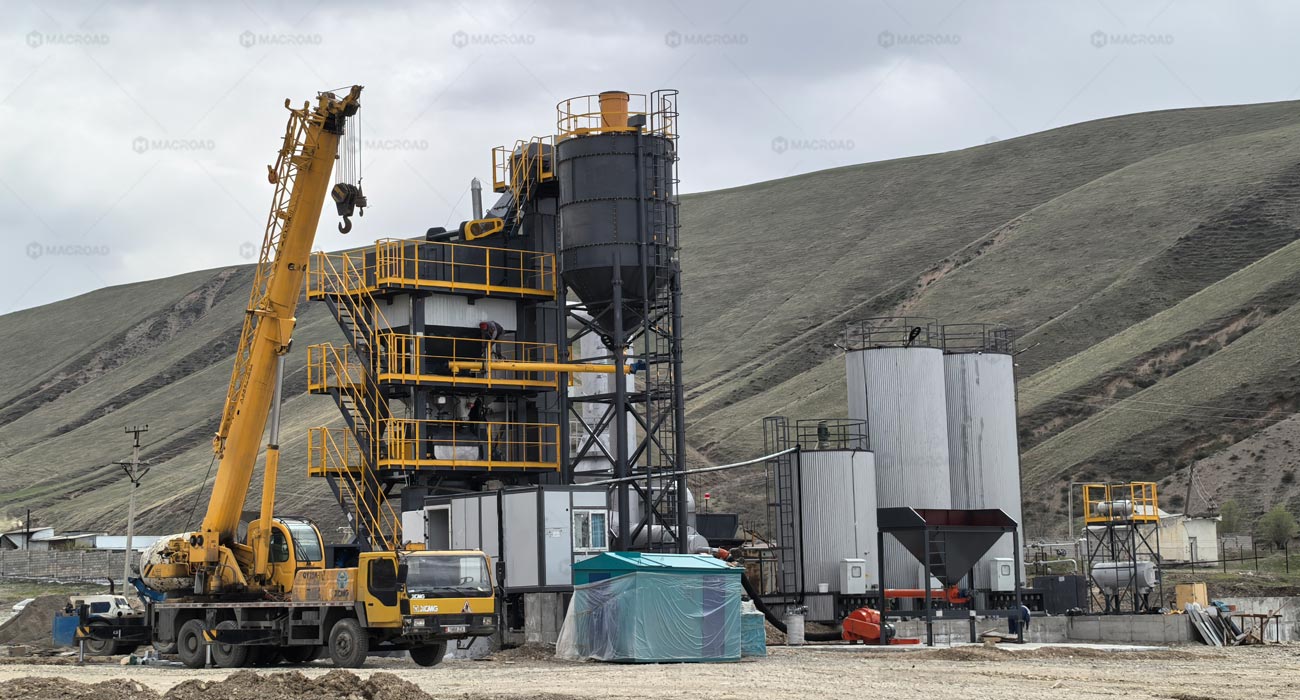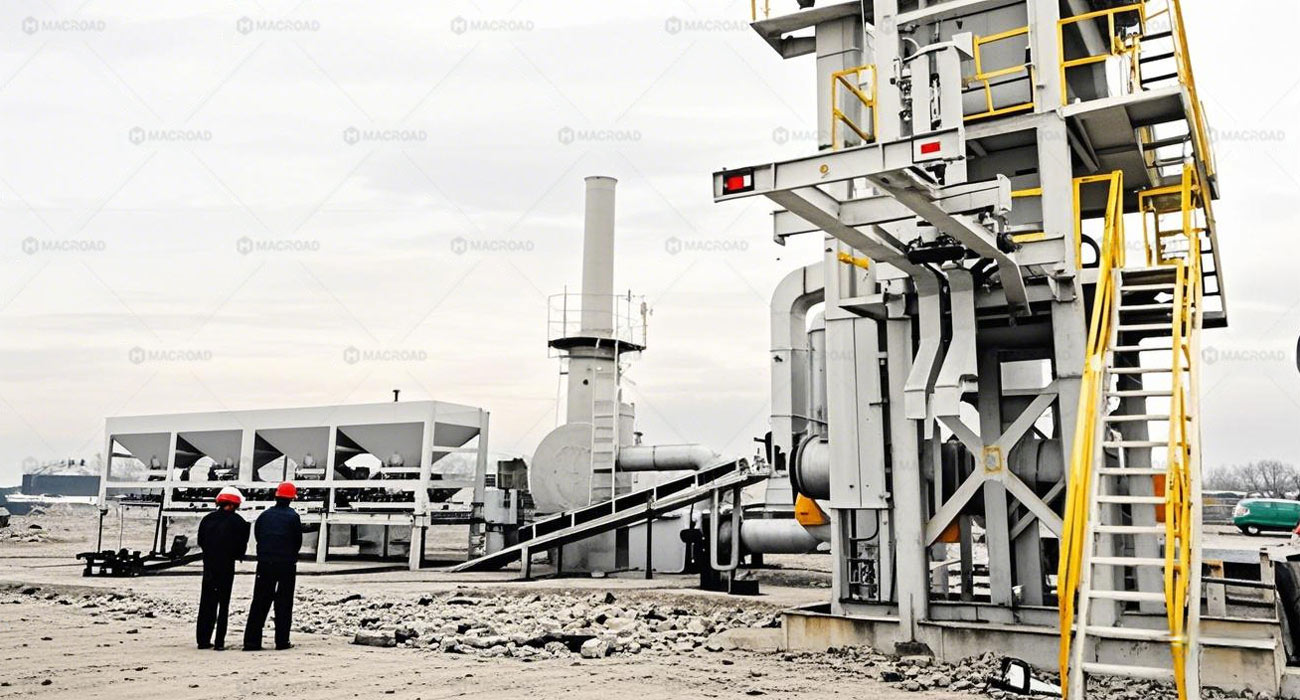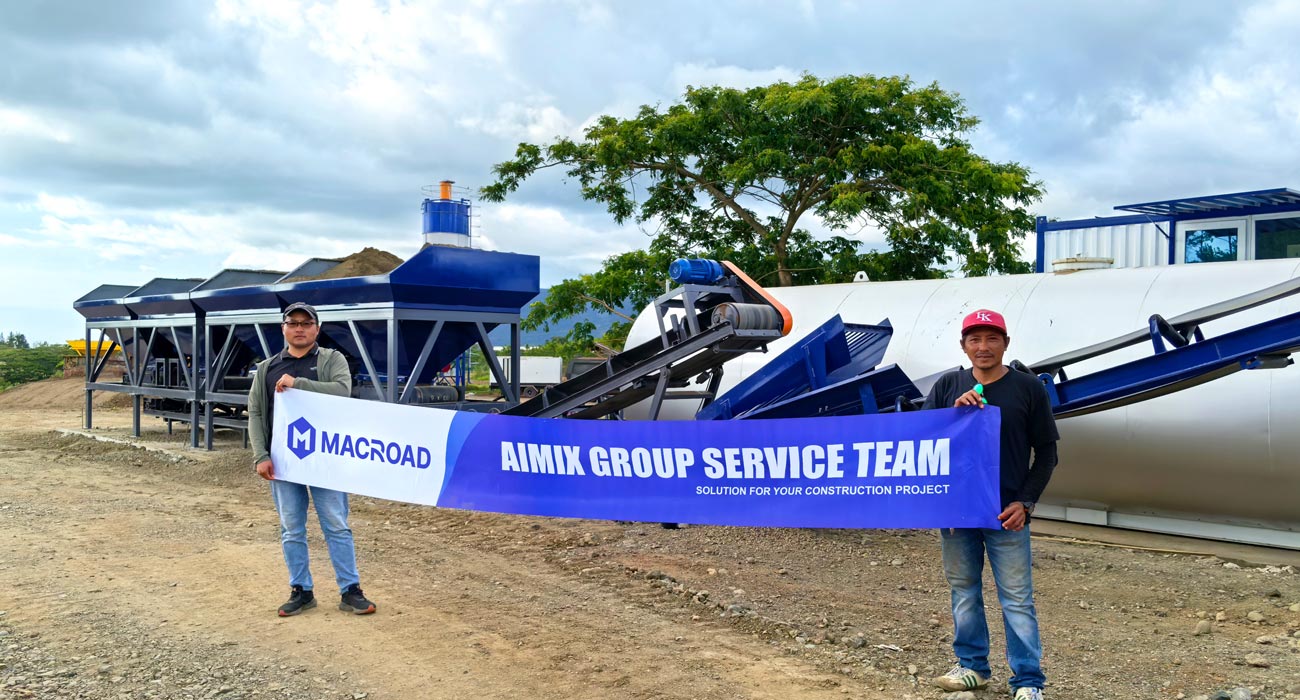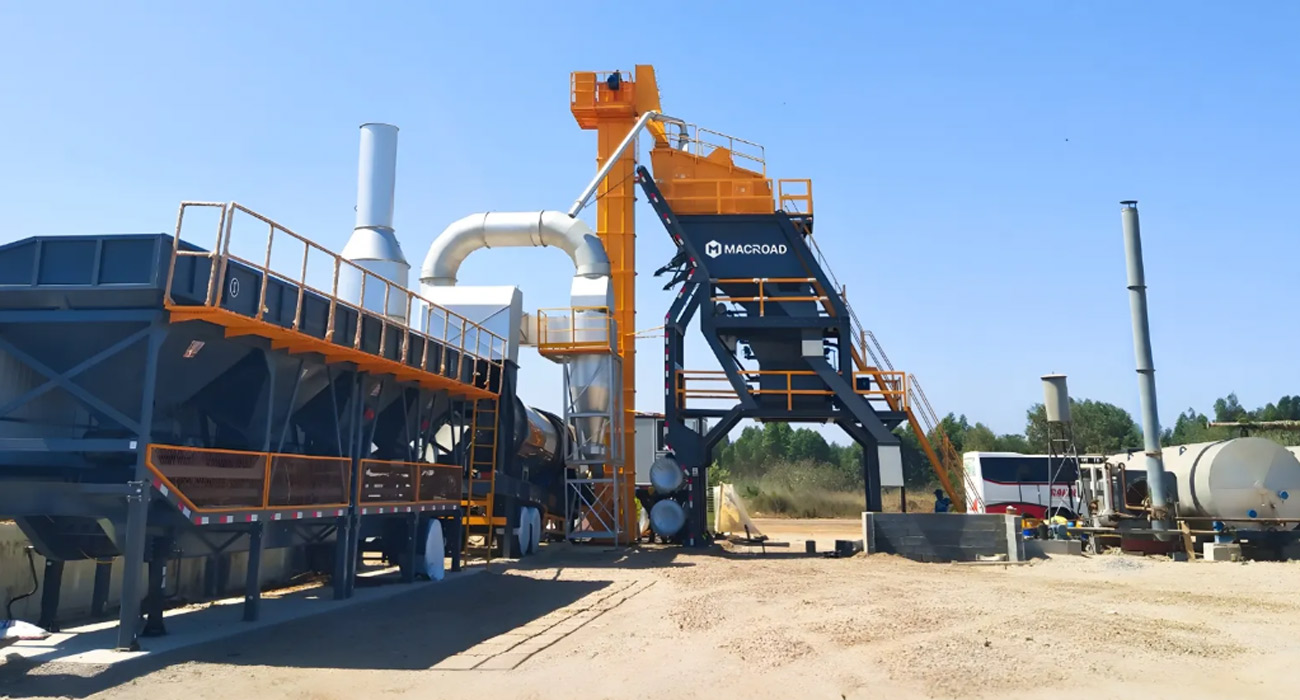The core function of an asphalt mixing plant is to mix raw materials like aggregates and asphalt in precise proportions to create a mixture that meets road construction standards. While mobile asphalt mixing plants, portable asphalt plants, and mobile hot mix plants all share the characteristic of “mobile production,” their functional focuses differ significantly. Understanding these differences is crucial for enterprises looking to select the most suitable equipment for their specific project requirements. This article explores how to assess the matching degree between these three types of mobile equipment and core functions such as raw material mixing, temperature control, and flexible relocation.

Understanding Functional Differences
When evaluating mobile asphalt mixing plant, it is essential to recognize the distinct functionalities of each type. Mobile asphalt mixing plants are designed for flexibility and efficiency, allowing for quick setup and operation at various job sites. They excel in basic mixing tasks but may lack advanced features for temperature control.
In contrast, portable asphalt plants offer enhanced mobility and are often equipped with additional components that facilitate more complex mixing processes. However, they may not have the high-capacity production capabilities found in larger models.
Mobile hot mix plants, on the other hand, incorporate integrated heating systems that are crucial for high-temperature mixing. This feature makes them particularly suitable for projects requiring hot asphalt mixtures that need to maintain specific temperature thresholds for optimal performance. By understanding these functional differences, enterprises can make informed decisions about which type of plant best meets their project needs.

Assessing Project Requirements
To effectively choose between a mobile asphalt mixing plant, portable asphalt plant, and mobile hot mix plant, enterprises must assess their specific project requirements. Key factors to consider include whether high-temperature hot mixing is necessary and how often the plant will need to be relocated across construction sites.
For projects that demand high-strength mixtures, such as highway construction, a mobile hot mix plant may be the best choice due to its ability to maintain the required temperature during mixing. Conversely, if the project involves frequent relocations and requires a more straightforward mixing process, a mobile asphalt mixing plant may be sufficient.
Evaluating these requirements ensures that enterprises select a plant that aligns with their operational goals, avoiding scenarios where equipment capabilities are mismatched with project needs.

Avoiding Equipment Function Mismatch
Selecting the right asphalt mixing plant also involves avoiding equipment function mismatch, which can negatively impact construction efficiency. For example, using a mobile hot mix plant for a project that does not require high-temperature mixing can lead to unnecessary costs and complexities. Similarly, relying solely on a portable asphalt plant for a high-capacity project may result in production bottlenecks.
To mitigate these risks, enterprises should conduct a thorough analysis of their project specifications before making a decision. This includes considering factors such as expected production volumes, material types, and environmental conditions that may affect mixing processes.
By matching the chosen equipment to the specific functions required for the project, companies can enhance efficiency and reduce the likelihood of delays or complications during construction.

Implementing a Flexible Strategy
Finally, implementing a flexible strategy for equipment selection and deployment can further enhance the effectiveness of the chosen asphalt mixing plant. This involves not only selecting the right type of plant but also ensuring that operational teams are trained to adapt to different equipment functions as needed.
For instance, having a clear understanding of how to operate a mobile hot mix plant efficiently can optimize production when high-temperature mixing is required. Similarly, training personnel on the capabilities of a portable asphalt plant can enhance its use in various scenarios.
By fostering a culture of adaptability and knowledge within the workforce, enterprises can maximize the potential of their chosen asphalt mixing plants, leading to more successful project outcomes.
Conclusion: Making Informed Choices in Asphalt Production
In conclusion, the selection of the appropriate asphalt mixing plant—whether it be a mobile asphalt mixing plant, portable asphalt plant, or mobile hot mix plant—requires careful consideration of project requirements and functional capabilities. By understanding the differences among these types of equipment and assessing their relevance to specific project needs, enterprises can ensure that they make informed choices that enhance construction efficiency and quality. This strategic approach not only optimizes project outcomes but also aligns with the fungsi asphalt mixing plant, ultimately contributing to successful road construction initiatives.
